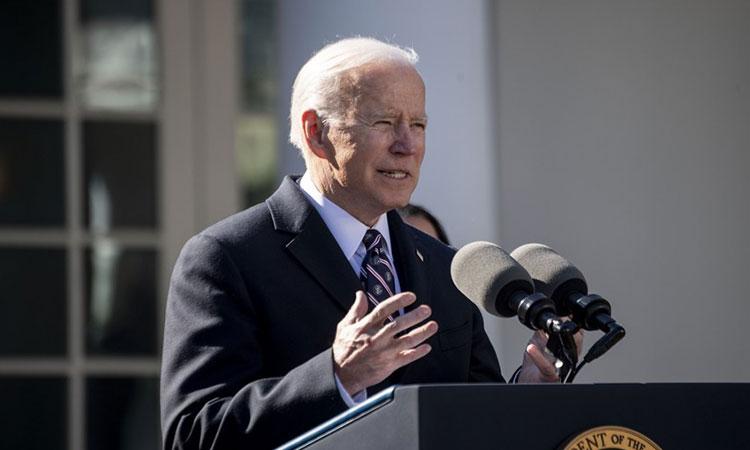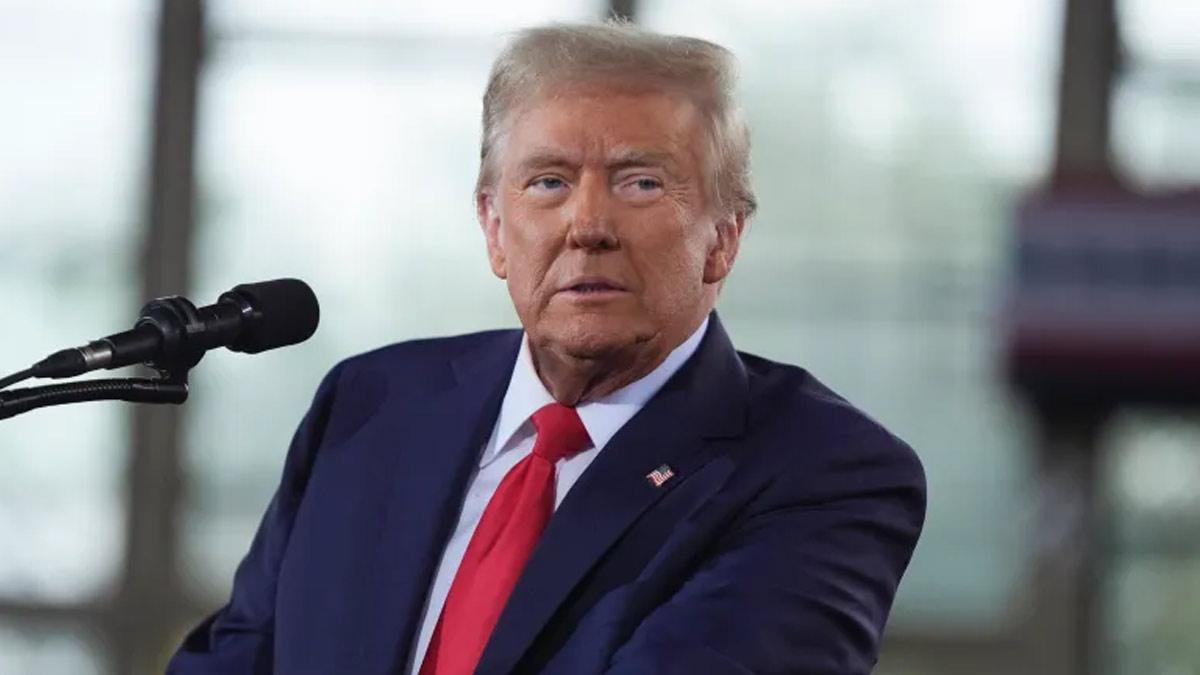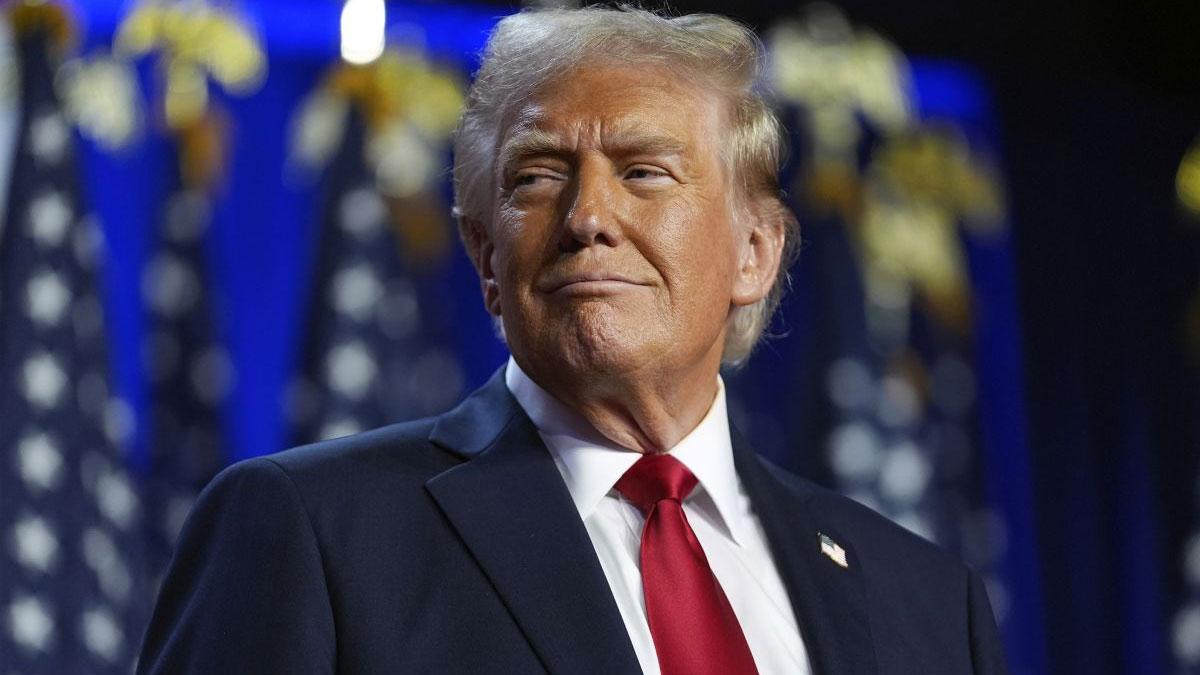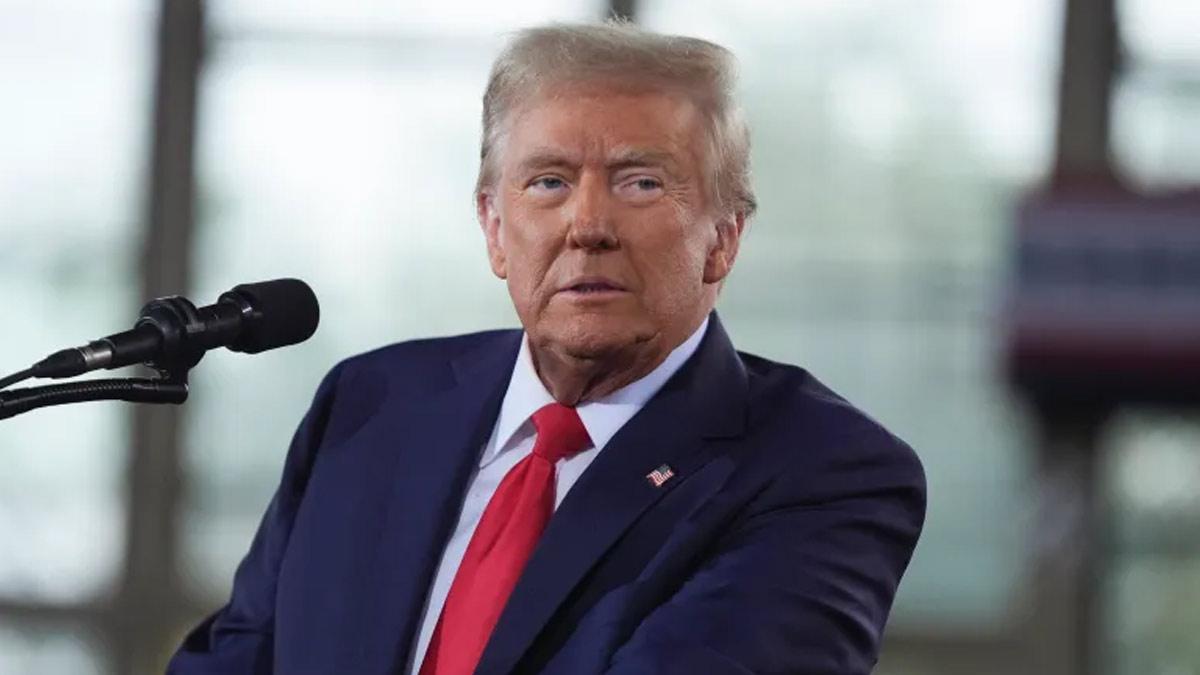US President Joe Biden's administration on Wednesday offered a full-throated justification for elevating ties with India, specially through multilateral platforms such as the newly launched I2U2 that the two countries form with Israel and the UAE, and the Quad with Japan and Australia, calling India the "most strategically consequential countries in the Indo-Pacific".
India's "longstanding" ties in West Asia and with Israel was cited as reason for the Biden administration involving India in the I2U2, which will hold its first-ever summit in a four-way virtual meeting later Wednesday with Biden and Israeli Prime Minister Yair Lapid joining from Israel, where the American leader is for the next few days on his first trip to the region.
US National Security Adviser Jake Sullivan told reporters accompanying Biden on Wednesday that a "significant announcement" is expected to be made at the I2U2 summit on food security, which, he had said earlier, would be the focus of the first-ever summit of the new body.
Sullivan was more expansive about Biden administration's approach on India in response to a specific question about India's involvement in all of the President's recent foreign policy initiatives such as I2U2 and the Indo-Pacific Economic Framework for Prosperity, which is designed to offer countries a sustainable alternative to China's predatory Belt and Road Initiative, and the Quad, which has had multiple summit-level meetings since Biden took office.
Also read | Palestinians disappointed with US policy ahead of Biden's visit
"First, India plays a critical role in the Indo-Pacific. And it's one of the largest, most significant, most strategically consequential countries in the Indo-Pacific, and so it should play a central role in our strategy, including through the Quad," he said.
Citing India's "longstanding" ties to the West Asia region (called the Middle East by the rest of the world) and "a relationship over the years" with Israel, Sullivan went on to say, "just as the United States can play a critical and central role in helping deepen Israel's integration into the region, India has a role to play in that as well".
Ties between India and Israel have improved rapidly with bipartisan support on body sides after the two countries established full diplomatic ties in 1980. India's ties with the Gulf region countries go a long way back, but it has made rapid progress with Saudi Arabia, the UAE, and Qatar in recent years.
The new Quad for the West Asia region is Biden's attempt to broaden US policy from its decades-long narrow focus on terrorism and wars.
Also read | Biden signs executive order on abortion access
"Bringing together Israel, India, and the United Arab Emirates, especially around an issue where the four countries have unique capacities to bring to bear on agricultural technology, leading to greater food production, leading to an alleviation of the food security challenge -- this is the kind of thing that really fulfills the President's vision of a more integrated, more globally engaged Middle East across the board that isn't just focused on issues that have been top of mind for American foreign policymakers over the last 20 years -- terrorism and wars," the US National Security adviser said.
"This is a different kind of approach, and it's about expanding partnerships, expanding the geography rather than contracting or narrowing it."
I2U2 can become "a feature of the broader region, just as the Quad has become a central pillar of the Indo-Pacific strategy of the United States", Sullivan said in conclusion.


















